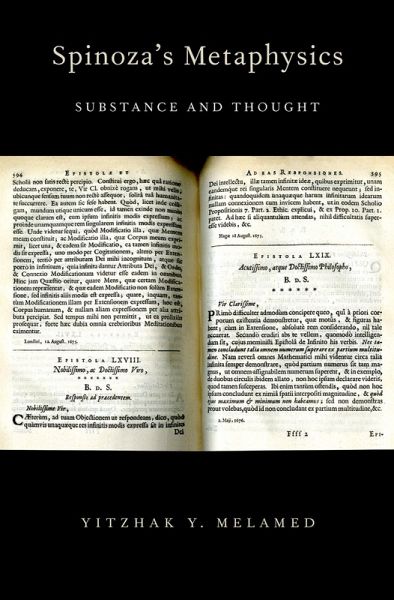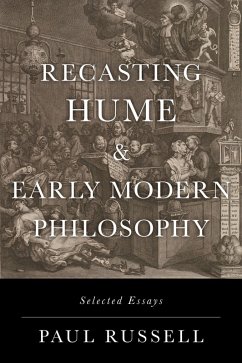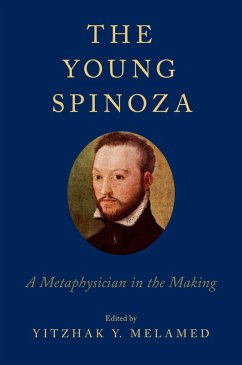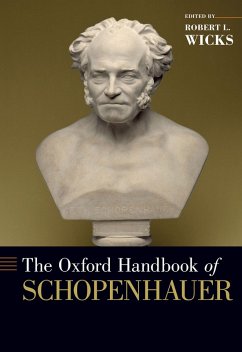
Spinoza's Metaphysics (eBook, PDF)
Substance and Thought

PAYBACK Punkte
11 °P sammeln!
Yitzhak Melamed here offers a new and systematic interpretation of the core of Spinoza's metaphysics. In the first part of the book, he proposes a new reading of the metaphysics of substance in Spinoza: he argues that for Spinoza modes both inhere in and are predicated of God. Using extensive textual evidence, he shows that Spinoza considered modes to be God's propria. He goes on to clarify Spinoza's understanding of infinity, mereological relations, infinite modes, and the flow of finite things from God's essence. In the second part of the book, Melamed relies on this interpretation of the su...
Yitzhak Melamed here offers a new and systematic interpretation of the core of Spinoza's metaphysics. In the first part of the book, he proposes a new reading of the metaphysics of substance in Spinoza: he argues that for Spinoza modes both inhere in and are predicated of God. Using extensive textual evidence, he shows that Spinoza considered modes to be God's propria. He goes on to clarify Spinoza's understanding of infinity, mereological relations, infinite modes, and the flow of finite things from God's essence. In the second part of the book, Melamed relies on this interpretation of the substance-mode relation and the nature of infinite modes and puts forward two interrelated theses about the structure of the attribute of Thought and its overarching role in Spinoza's metaphysics. First, he shows that Spinoza had not one, but two independent doctrines of parallelism. Then, in his final main thesis, Melamed argues that, for Spinoza, ideas have a multifaceted (in fact, infinitely faceted) structure that allows one and the same idea to represent the infinitely many modes which are parallel to it in the infinitely many attributes. Thought turns out to be coextensive with the whole of nature. Spinoza cannot embrace an idealist reduction of Extension to Thought because of his commitment to the conceptual separation of the attributes. Yet, within Spinoza's metaphysics, Thought clearly has primacy over the other attributes insofar as it is the only attribute which is as elaborate, as complex, and, in some senses, as powerful as God.
Dieser Download kann aus rechtlichen Gründen nur mit Rechnungsadresse in A, B, BG, CY, CZ, D, DK, EW, E, FIN, F, GR, HR, H, IRL, I, LT, L, LR, M, NL, PL, P, R, S, SLO, SK ausgeliefert werden.













